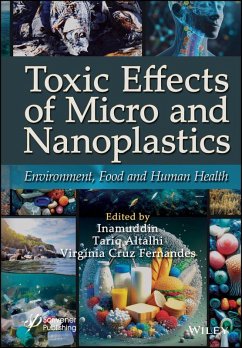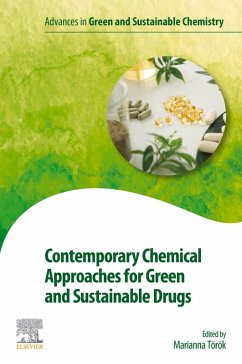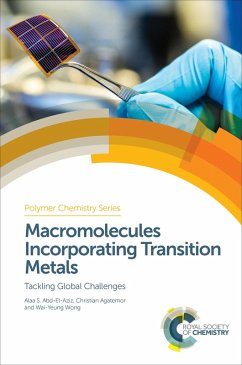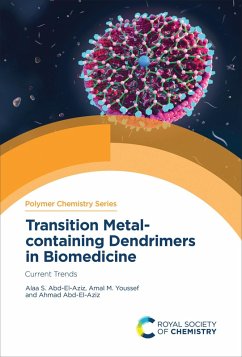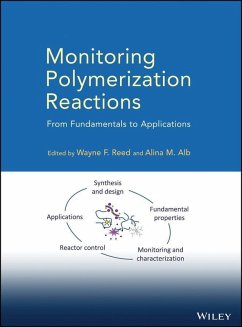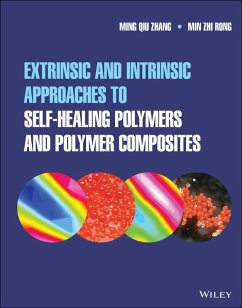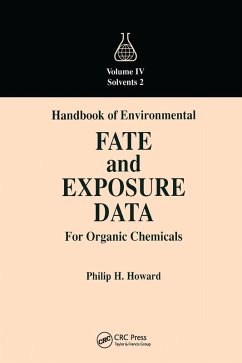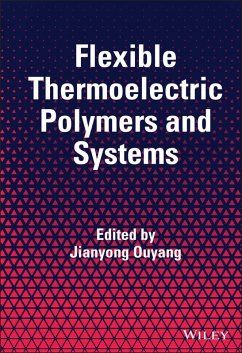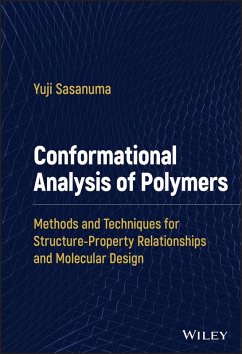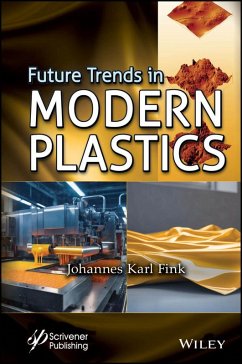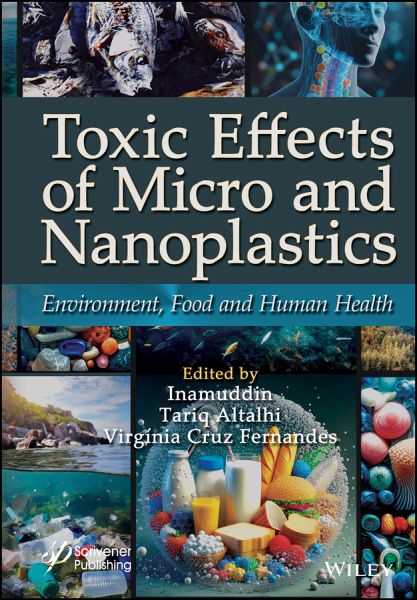
Toxic Effects of Micro- and Nanoplastics (eBook, ePUB)
Environment, Food and Human Health
Redaktion: Inamuddin; Fernandes, Virgínia Cruz; Altalhi, Tariq
Versandkostenfrei!
Sofort per Download lieferbar
216,99 €
inkl. MwSt.
Weitere Ausgaben:

PAYBACK Punkte
0 °P sammeln!
This book provides in-depth coverage of the sources, dispersion, life cycle assessment strategies, physico-chemical interactions, methods of analysis, toxicological investigation, and remediation strategies of micro and nanoplastics.Micro and nanoplastics are the degradation products of large plastic compounds. These degraded polymers enter into the natural environment, including air, water, and food, which leads to various significant threats to human health. The nature of these micro and nanoplastics is persistent and consequently accumulates in the exposed person's body. Research into micro...
This book provides in-depth coverage of the sources, dispersion, life cycle assessment strategies, physico-chemical interactions, methods of analysis, toxicological investigation, and remediation strategies of micro and nanoplastics.
Micro and nanoplastics are the degradation products of large plastic compounds. These degraded polymers enter into the natural environment, including air, water, and food, which leads to various significant threats to human health. The nature of these micro and nanoplastics is persistent and consequently accumulates in the exposed person's body. Research into microplastics has shown that these particles accumulate in various human organs and impart detrimental effects on humans. To safeguard human health, analysis and remediation strategies are necessary. This book provides a comprehensive overview in 24 chapters on the source, distribution, life cycle assessment strategies, physico-chemical interactions, methods of analysis, toxicological investigation, and remediation strategies of micro and nanoplastics.
Audience
This book is a valuable resource for chemists and polymer scientists in various industries including plastics, fisheries, food and beverages, environmental sciences, agriculture, and medicine, as well as government policymakers.
Micro and nanoplastics are the degradation products of large plastic compounds. These degraded polymers enter into the natural environment, including air, water, and food, which leads to various significant threats to human health. The nature of these micro and nanoplastics is persistent and consequently accumulates in the exposed person's body. Research into microplastics has shown that these particles accumulate in various human organs and impart detrimental effects on humans. To safeguard human health, analysis and remediation strategies are necessary. This book provides a comprehensive overview in 24 chapters on the source, distribution, life cycle assessment strategies, physico-chemical interactions, methods of analysis, toxicological investigation, and remediation strategies of micro and nanoplastics.
Audience
This book is a valuable resource for chemists and polymer scientists in various industries including plastics, fisheries, food and beverages, environmental sciences, agriculture, and medicine, as well as government policymakers.
Dieser Download kann aus rechtlichen Gründen nur mit Rechnungsadresse in D ausgeliefert werden.




